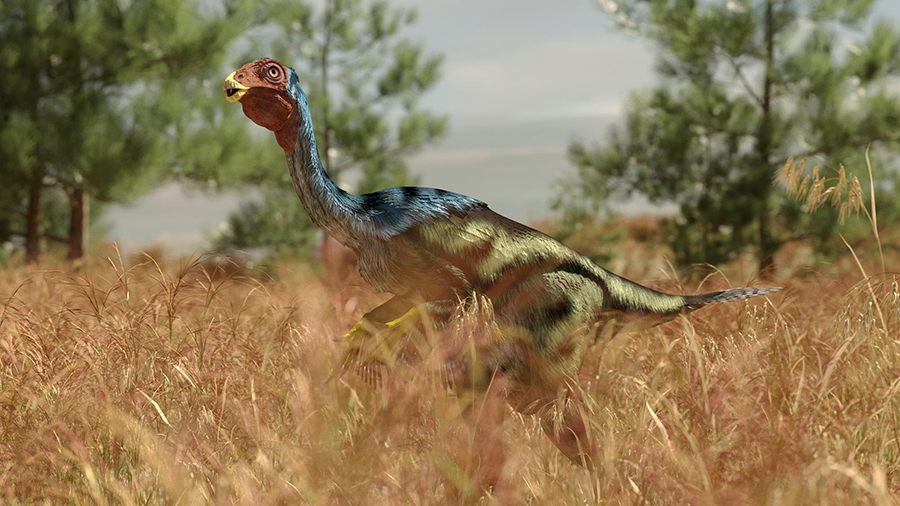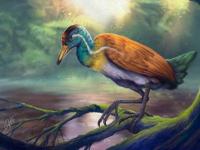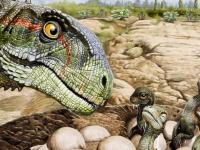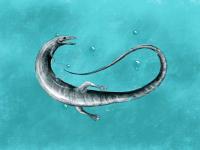Scientists Discover 125 Million Year Old Dinosaur DNA, Are We Getting a Real Jurassic Park?

In Steven Spielberg's 1993 thriller Jurassic Park, dinosaur DNA was used to bring mighty prehistoric creatures to life, and while a new report has suggested that complete DNA has been found, don't expect to see dinosaurs roaming the Earth soon.
"Your scientists were so preoccupied with whether or not they could, they didn't stop to think if they should." The words of Ian Malcolm in Jurassic Park as he tries to explain his worries about a theme park inhabited with dozens of prehistoric creatures that would happily feast on the tourists. Now apparently, his words should be resonating with a team of scientists in the Chinese Academy of Scientists, who have published a paper claiming to have found fully intact dinosaur DNA in a fossil aged around 125 million years old. Hold on to your butts.
The paper, which can be viewed online, claims that the DNA was discovered on the cartilage of a Caudipteryx fossil, a dinosaur that lived in the Cretaceous era and was around the size of a peacock. The findings say that the cartilage was extracted from the femur and treated with a chemical solution that is intended to illuminate different structures of cells within the subject. The results of this have brought out a number of elements that indicate the presence of intact DNA strands.

While this will get some people excited at the prospect of Jurassic Park becoming a reality - because everyone wants the chance to be chased by a Tyrannosaur - other scientists are not quite as eager to believe the findings just yet. According to Chemistry World, a number of counter suggests say that the technique used in these tests is not a conclusive process and are too imprecise to make any kind of world-breaking announcement about the findings.
However, Alida Bailleul, corresponding author of the study, said in a press release, "We are obviously interested in fossilized cell nuclei, because this is where most of the DNA should be if DNA was preserved. So, we have good preliminary data, very exciting data, but we are just starting to understand cellular biochemistry in very old fossils. At this point, we need to work more."
What should be noted, is that the discovery of partial dinosaur DNA is not a new thing and organic material has been found in 75 million-year-old fossils previously but The Imperial College London, and by the same research scientists at the Chinese Academy of Scientists. Whether the DNA is partial or complete, even Bailleul acknowledged that the current discovery is a starting point for their research, but it is very unlikely that we would even make it to a position of being able to clone dinosaurs from this in the way John Hammond's team did in Jurassic Park, and on the whole, having now seen where that is heading in Jurassic World: Dominion, it is probably for the best.
The final movie in the Jurassic World trilogy finds dinosaurs once again walking the world freely, seemingly being given the same "they have rights" badge as every other living creature on Earth, but not really willing to stop and think before they chomp down on anyone that moves. The film unveiled its opening sequence in IMAX cinemas earlier this year, but we are still awaiting a full trailer for the movie, which fans are hoping will give a first look at original cast members Sam Neill, Laura Dern and Jeff Goldblum back in the thick of the action, trying to save the world from being taken back to the prehistoric age for good.
Source: https://movieweb.com/








